Top 40+ best Online courses provide valuable opportunities across finance, investing, real estate, graphic design, novel writing, business, IT & security, developers, and coding.
[laysanpham url=”https://deals.bluetailcoupon.net/collections/online-courses?sort=newest” item=20]
[laysanpham url=”https://deals.bluetailcoupon.net/collections/online-courses?sort=best_sellers” item=15]
[laysanpham url=”https://deals.bluetailcoupon.net/collections/online-courses?sort=most_reviews” item=16]
[laysanpham url=”https://deals.bluetailcoupon.net/collections/online-courses?sort=lowest_price” item=14]
Benefits of Taking Online Courses in Finance and Investing
Taking online courses in finance and investing offers numerous advantages that cater to both aspiring professionals and those looking to enhance their existing knowledge. Below are the key benefits:
1. Flexibility and Convenience
Online courses provide unparalleled flexibility, allowing learners to study at their own pace and schedule. This is particularly beneficial for busy professionals who may have work or personal commitments that make attending traditional classes challenging. With online learning, students can access course materials anytime, anywhere, making it easier to balance education with other responsibilities.
2. Cost-Effectiveness
Online finance courses are generally more affordable than traditional classroom-based programs. They eliminate additional costs associated with commuting, housing, and physical materials. Many online courses also offer various pricing options, making them accessible to a broader audience. This affordability allows individuals to invest in their education without incurring significant debt.
3. Access to Expert Instructors
Enrolling in online finance courses often grants access to top instructors from around the world. These educators bring real-world experience and expertise into the virtual classroom, providing insights that may not be available through local institutions. Learning from industry leaders can enhance understanding of complex financial concepts and current market trends.
4. Choose Learning Materials
Online courses typically include a variety of learning formats, such as video lectures, interactive quizzes, case studies, and discussion forums. This caters to different learning styles and helps reinforce understanding through practical application. Students can engage with the material in multiple ways, enhancing retention and comprehension.
5. Immediate Feedback
One of the significant advantages of online learning is the ability to receive instant feedback on assignments and assessments. This immediate response allows learners to identify areas for improvement quickly and adjust their study strategies accordingly. Unlike traditional settings where grading may take time, online platforms often provide automated grading systems that facilitate quicker evaluations.
6. Networking Opportunities
Online finance courses often include collaborative elements, such as discussion forums or group projects, which allow students to connect with peers from backgrounds. This networking can lead to valuable professional relationships and opportunities within the finance industry.
7. Comprehensive Curriculum
Many online finance programs cover a wide range of topics, including personal finance, corporate finance, investment strategies, risk management, fintech innovations, and more. This comprehensive approach equips learners with a well-rounded understanding of the financial landscape, preparing them for various career paths.
8. Career Advancement Potential
Completing an online course in finance or investing can significantly enhance career prospects. Employers increasingly value candidates who demonstrate initiative by pursuing further education independently. Additionally, specialized knowledge gained through these courses can lead to promotions or new job opportunities within the financial sector.
so that taking online courses in finance and investing provides flexibility, cost savings, expert instruction, learning materials, immediate feedback, networking opportunities, a comprehensive curriculum, and potential career advancement—all crucial factors for success in today’s dynamic financial environment.
Skills You Can Gain from Online Courses in IT & Security and Coding
Online courses in IT & Security and coding provide a wide array of skills that are essential for anyone looking to advance their career in technology. These skills range from technical competencies to critical thinking and problem-solving abilities. Below, we will explore the specific skills you can gain through these online learning platforms.
Technical Skills in IT & Security
- Risk Assessment
- Understanding how to identify, evaluate, and prioritize potential risks to an organization’s digital assets is crucial. Courses often cover methodologies for assessing vulnerabilities and determining the likelihood and impact of various threats1.
- Threat Analysis
- Learning to analyze cyber threats involves understanding the tactics used by attackers, such as phishing or malware attacks. This skill helps professionals determine the nature, source, and severity of threats.
- Security Architecture
- Courses teach how to design and implement security architectures that protect digital infrastructure. This includes developing security protocols aligned with industry standards.
- Incident Response
- Developing an incident response plan is vital for managing cyber attacks effectively. Training typically covers how to identify the scope of an attack, isolate affected systems, and remediate issues.
- Compliance Knowledge
- Understanding legal and regulatory requirements relevant to cybersecurity is essential for protecting sensitive information and ensuring organizational compliance with laws like GDPR or HIPAA.
- Network Security
- Familiarity with network security protocols is critical for preventing cyber attacks. Courses often cover various methods for securing networks against unauthorized access.
Technical Skills in Coding
- Scripting Languages
- Learning languages such as Python or PowerShell enables automation of repetitive tasks, enhancing efficiency in cybersecurity roles. Scripting is particularly useful for tasks like scanning networks or analyzing data.
- Understanding Operating Systems
- Gaining knowledge about different operating systems (Windows, Linux, macOS) helps professionals understand their unique security configurations and vulnerabilities. This knowledge is crucial when implementing security measures across environments.
- Penetration Testing
- Courses often include training on conducting penetration tests (pen tests), which simulate attacks on systems to uncover vulnerabilities before they can be exploited by malicious actors.
- Cryptography
- Understanding cryptographic principles allows professionals to secure data through encryption techniques, making it less accessible to unauthorized users. This skill is fundamental in protecting sensitive information.
- Security Frameworks Knowledge
- Familiarity with frameworks like NIST or ISO provides a structured approach to improving an organization’s cybersecurity posture through best practices.
Workplace Skills
- Communication Skills
- Effective communication is vital for conveying complex technical concepts to non-technical stakeholders, writing incident reports, and collaborating within teams. Training often emphasizes both verbal and written communication skills.
- Critical Thinking and Problem Solving
- Developing critical thinking skills enables professionals to assess situations accurately, ask pertinent questions, evaluate data effectively, and make informed decisions regarding cybersecurity strategies.
- Adaptability and Lifelong Learning Mindset
- The rapidly evolving nature of technology requires professionals to stay updated on new threats and solutions continuously; thus, fostering a mindset geared towards lifelong learning is emphasized in many courses.


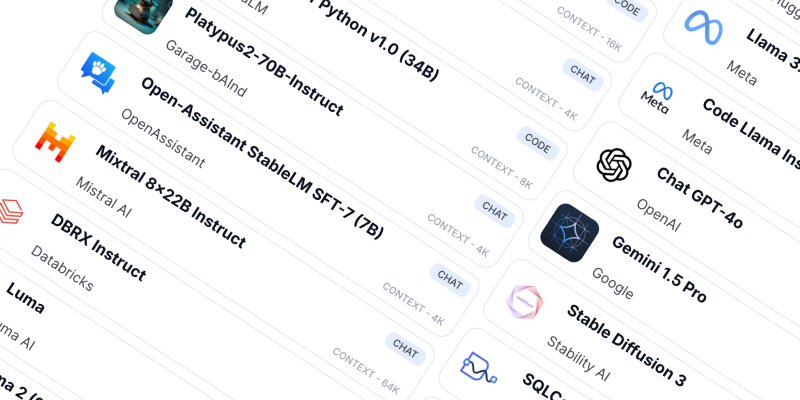


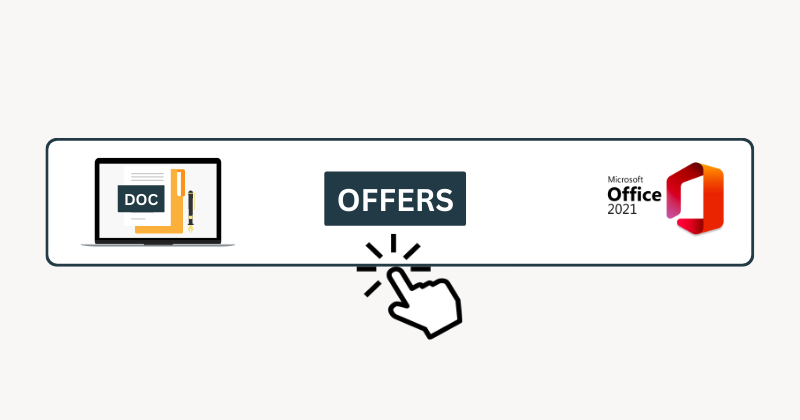




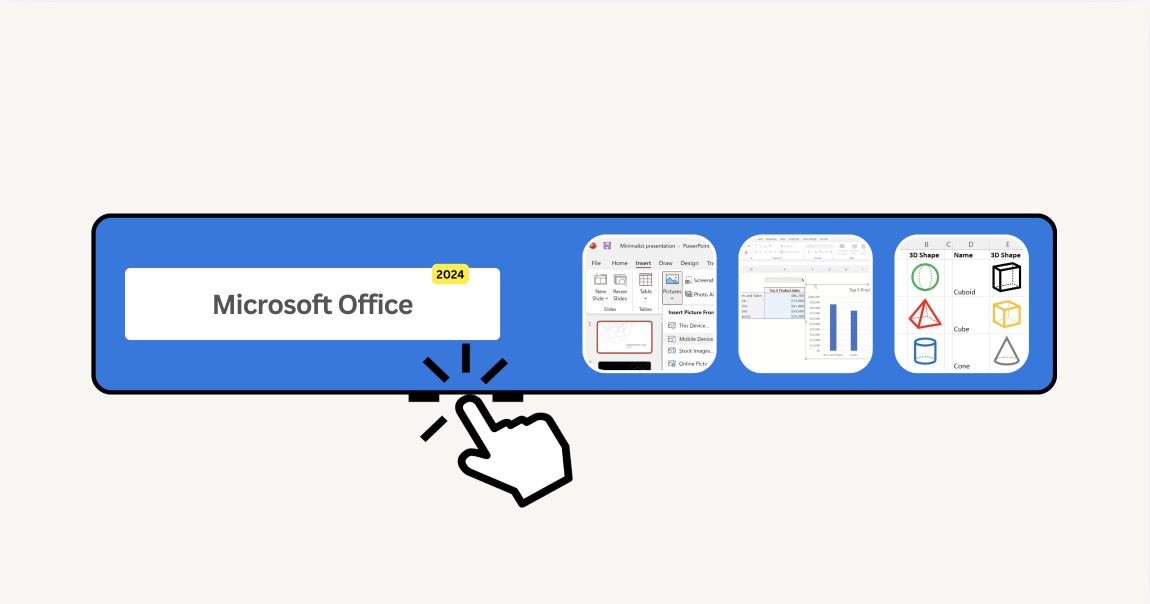

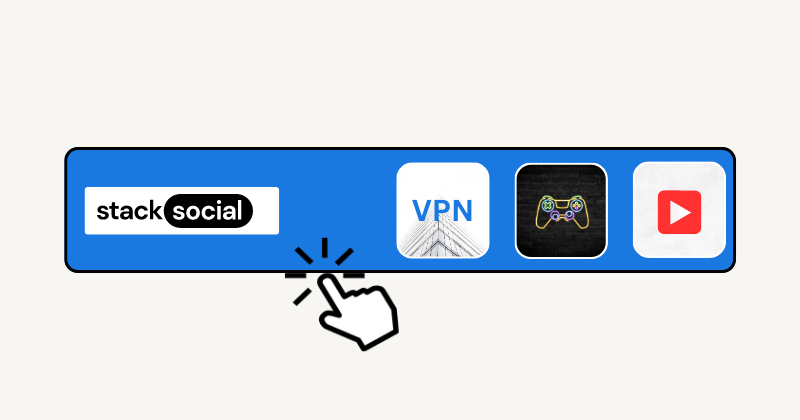










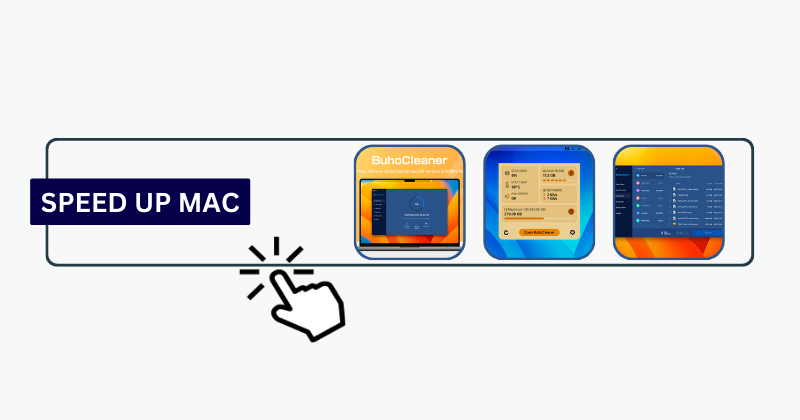


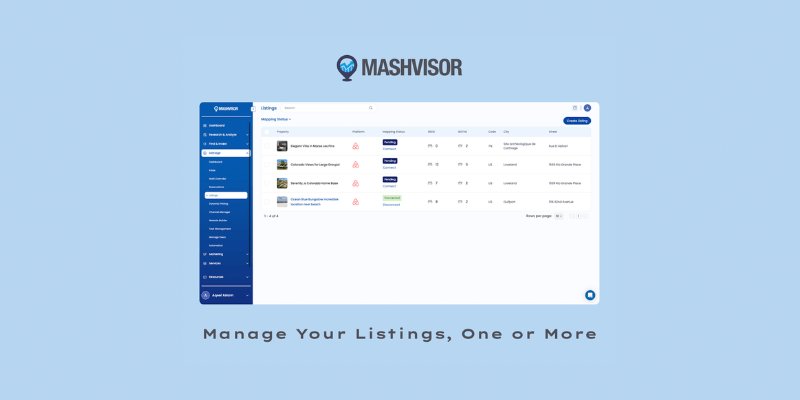





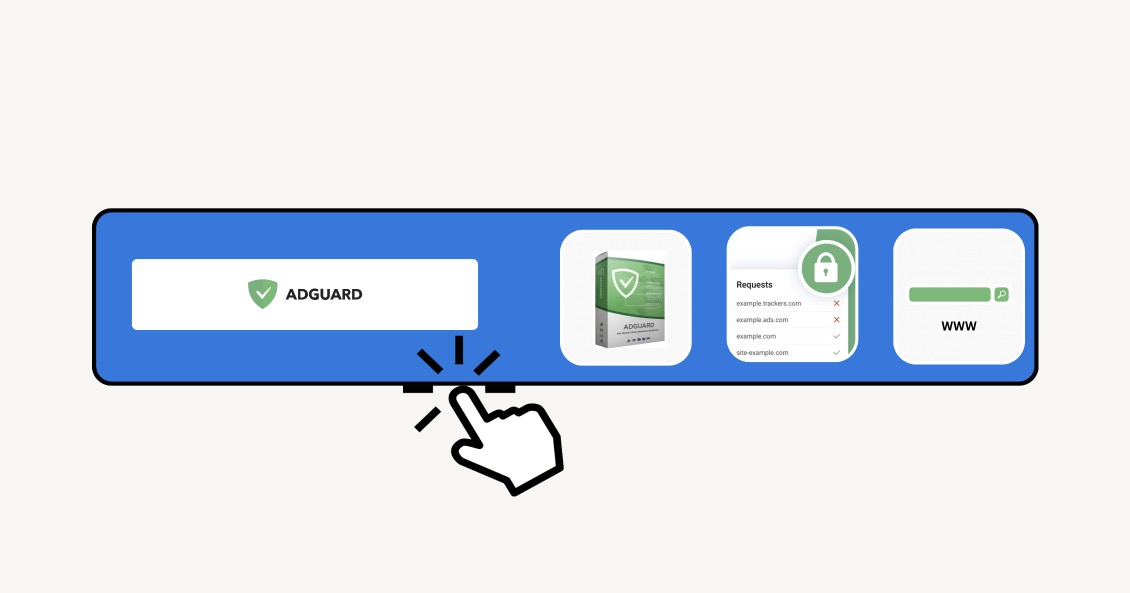


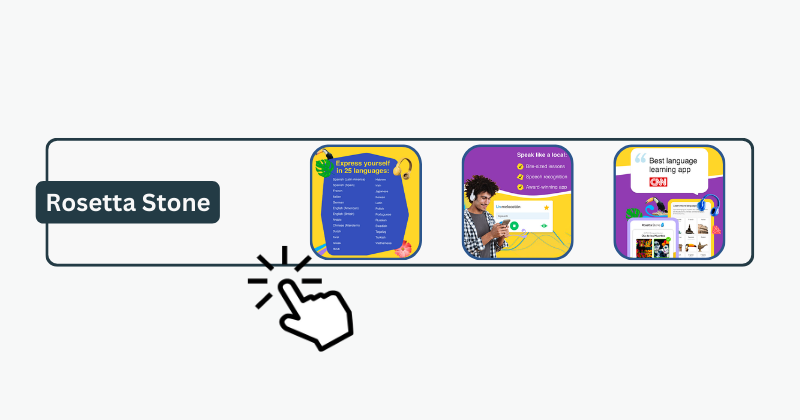
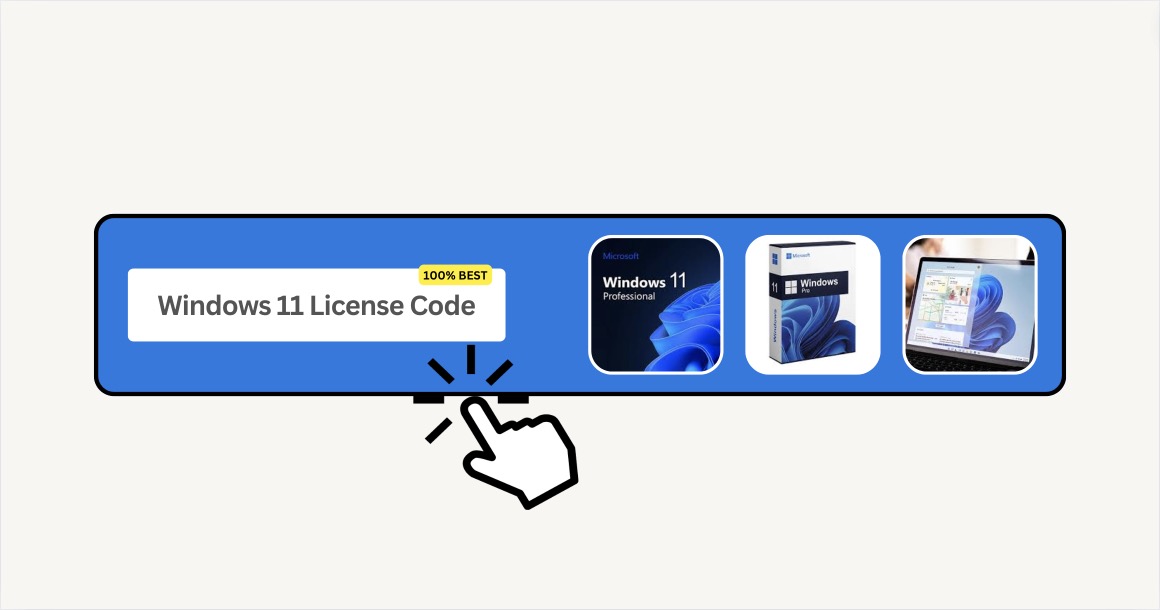
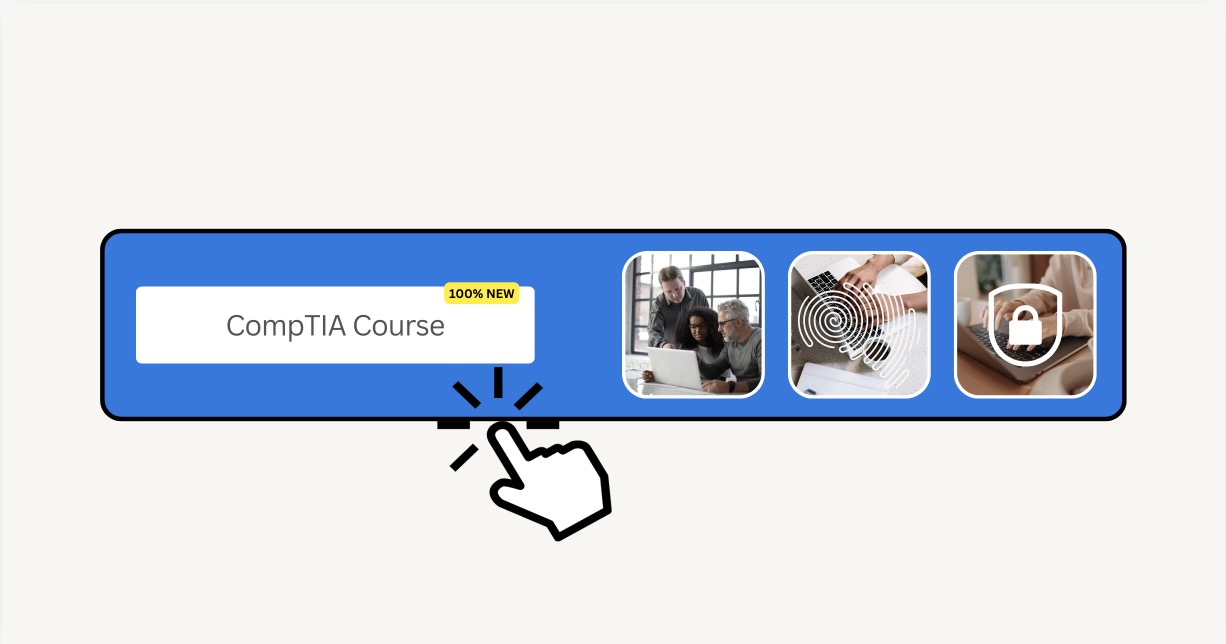
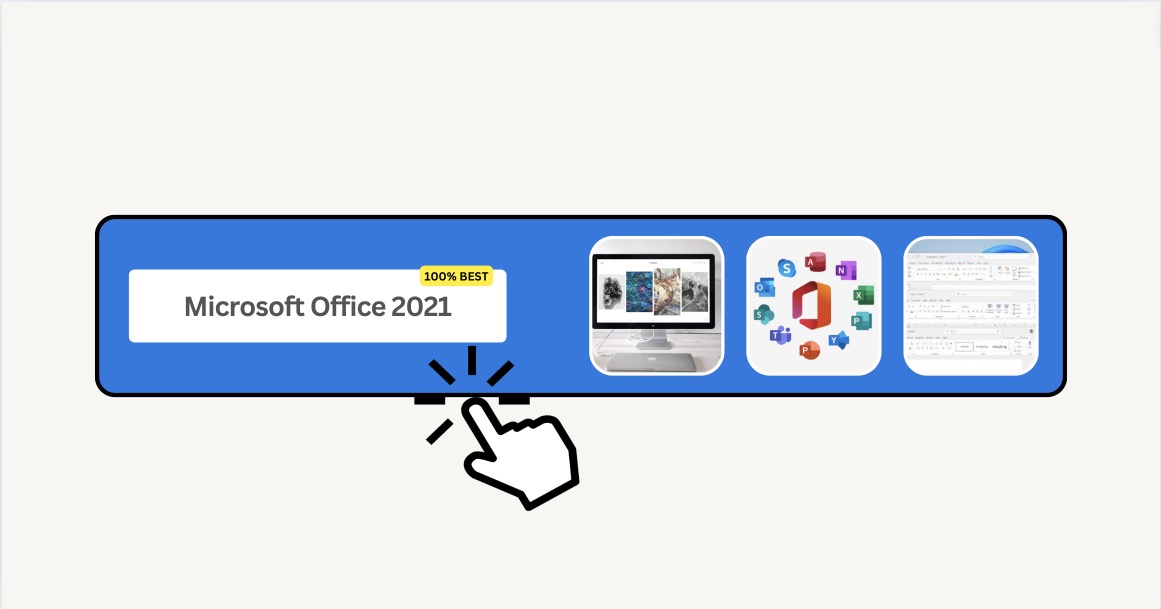
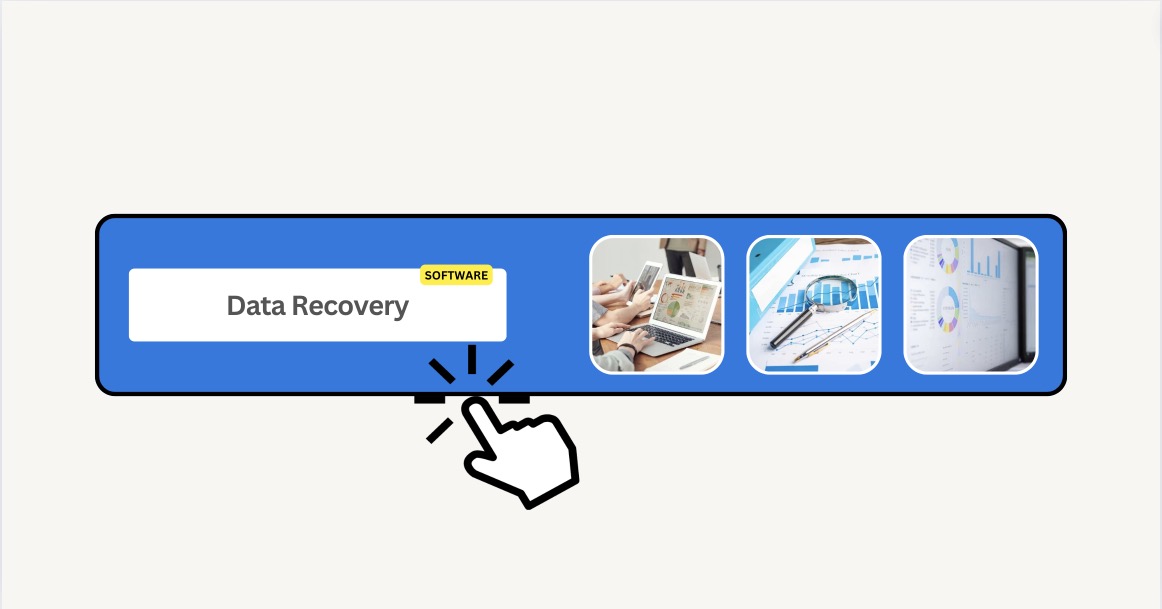

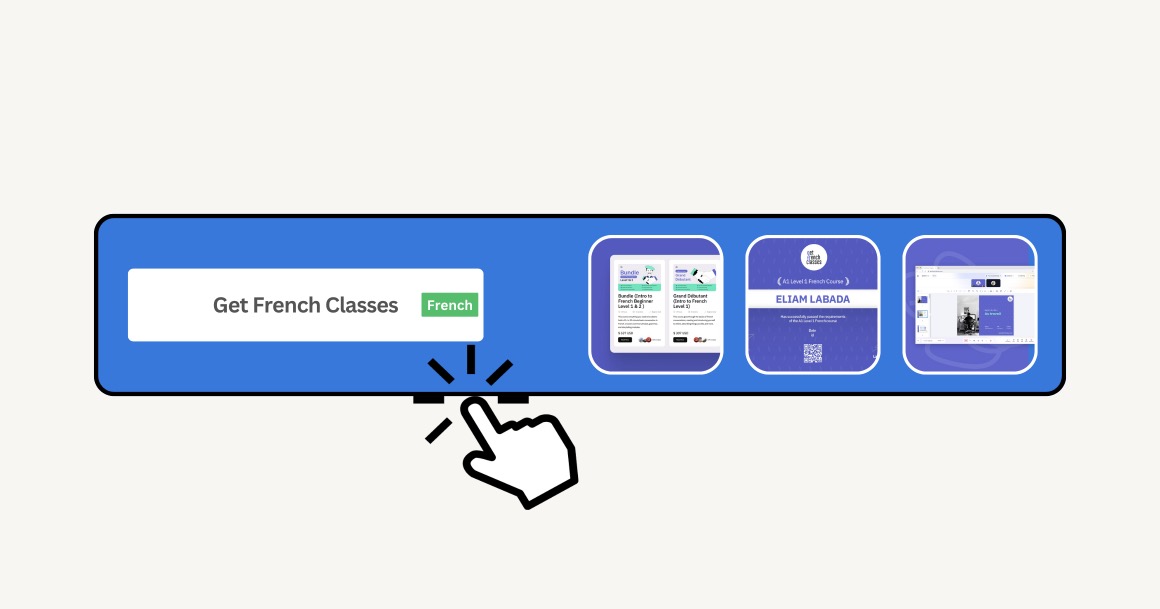



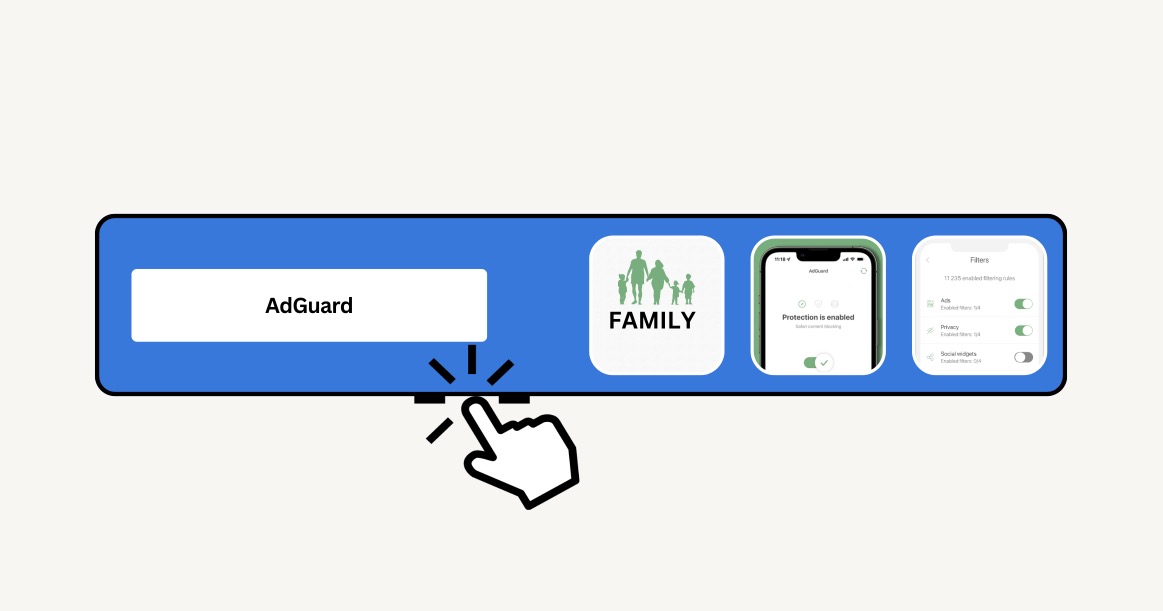



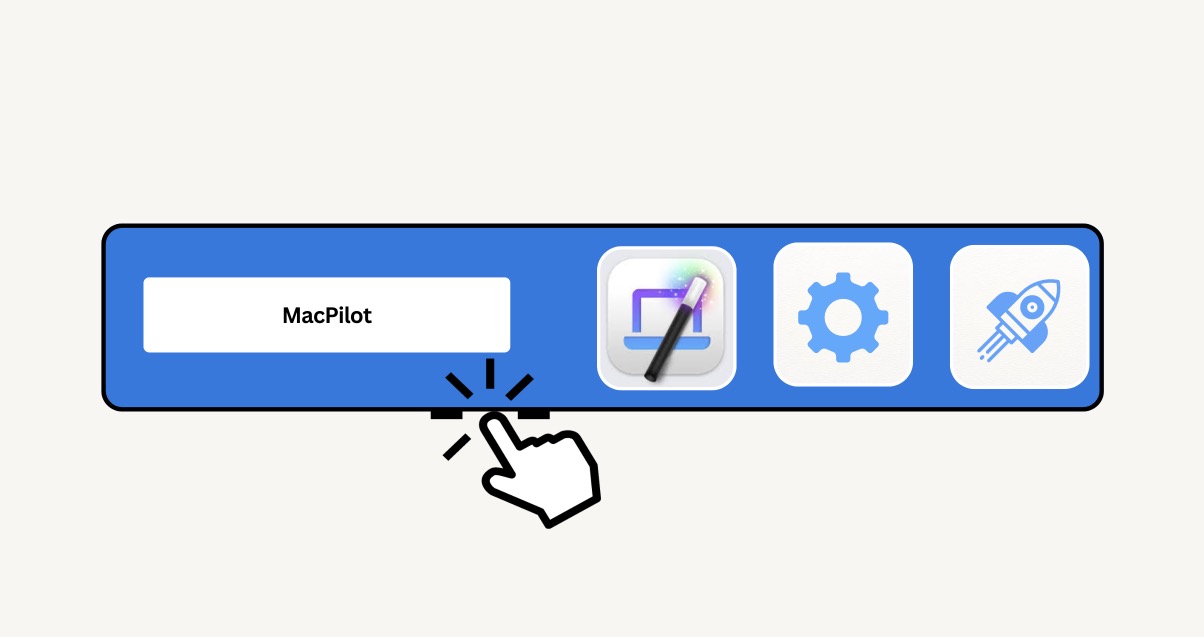

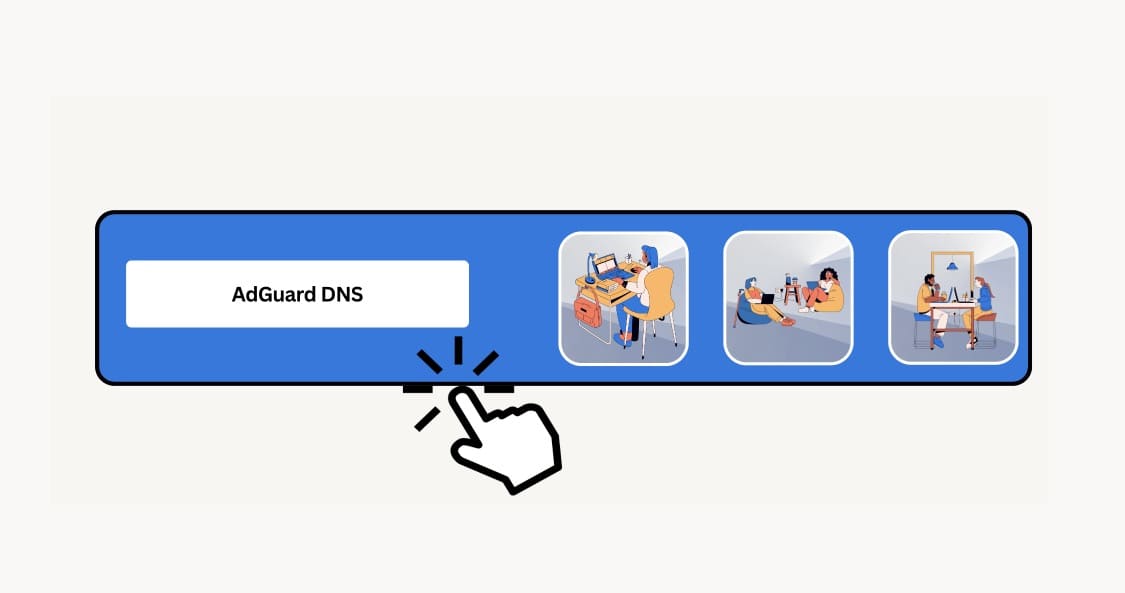


Leave a Reply